What if, instead of just scrolling, you were earning?
Imagine Facebook rewarding you with tokens for every action.
We’ve all spent years building Facebook. We tagged friends, liked posts, joined groups, commented on cat videos, and shaped its entire culture. But while users powered the platform with time, attention, creativity, and emotion, the monetary rewards flowed almost exclusively to its shareholders.
Now imagine a parallel universe where Facebook, from Day One, had been tokenized.
A universe where your likes were labour, your attention was equity, and your profile actually paid you.
The Forgotten Workers of the Attention Economy
Social media companies have always profited from a simple equation:
User attention = Advertising revenue
User data = Ad targeting goldmine
But users? They got… more content. Maybe some dopamine. Occasionally, a memory slideshow.
In this extractive model, users were the product, not the partners. They spent thousands of hours, built millions of pages, and generated billions of connections, only to watch those gains get monetized elsewhere.
What Tokenized Formula Could Have Changed?
- Likes = token earnings
- Posts = creator payouts
- Comments = value contributions
- Group admins = community curators paid in social currency
- Attention time = passive income stream from a shared revenue pool
And the data? It wouldn’t just be taken — it would be monetized with consent, and profits would be shared.
From Shareholder-Only Wealth to Tokenized Stakeholder Economies
In 2024, Facebook’s parent company, Meta, earned $164.5 billion. Let’s say even 20% of that had been returned to users through a token economy — that’s over $32.9 billion distributed across users.
Imagine getting paid not because you went viral, but because you contributed authentically and consistently to the network.
In such a model, your profile becomes a productive asset, not a passive identifier.
The Rise of Mode X
Sociologists might call this emerging economic layer Mode X — where commodity exchange, gift culture, and digital decentralization meet. In this world, the act of being human online is finally recognized as work — and is rewarded.
Tokenized social networks align economic incentives with emotional effort. They don’t just monetize your attention — they reward your participation.
The Real Cost of Non-Tokenized Networks
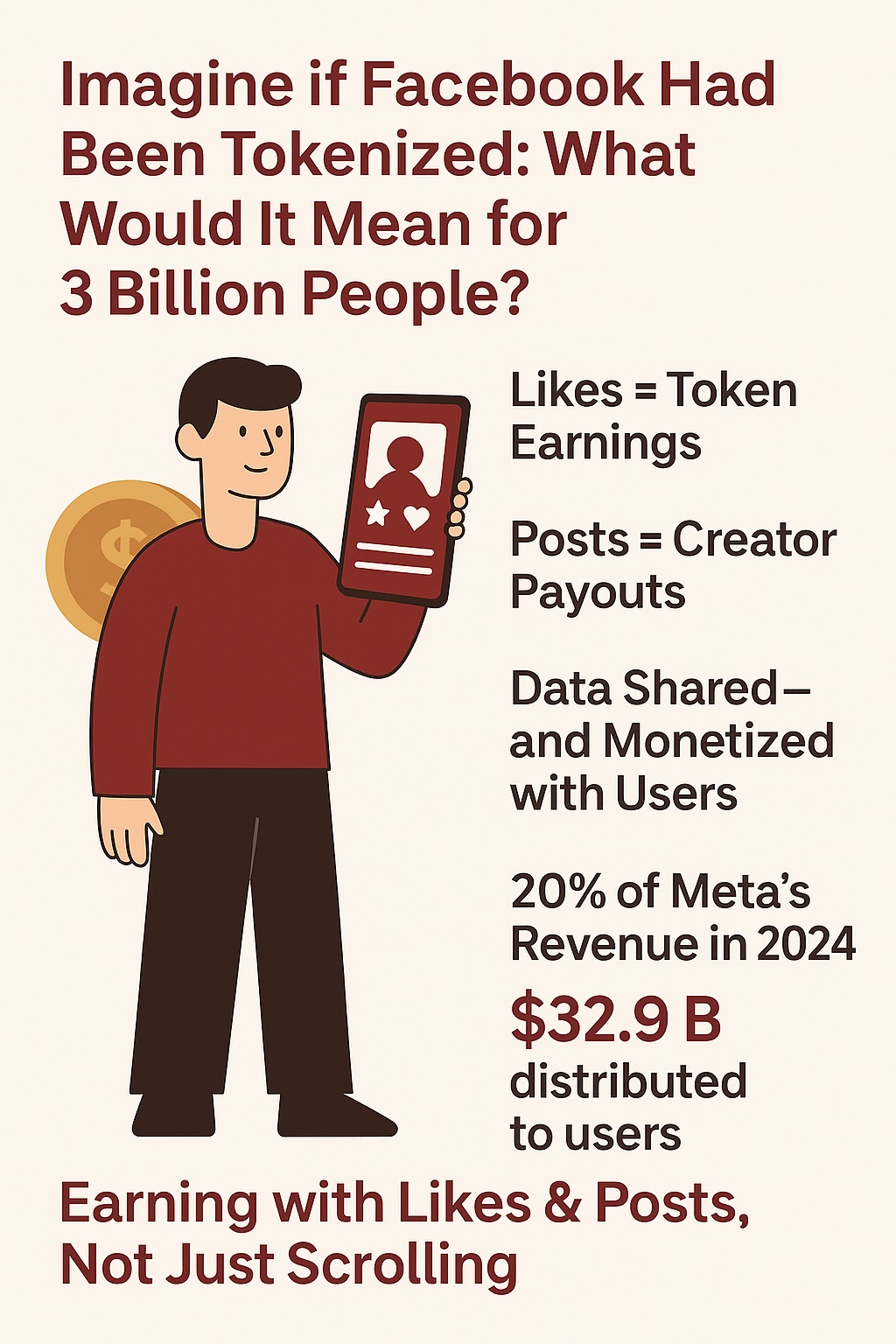
Without tokenization, networks do grow — but they do so at the expense of:
- User agency
- Data dignity
- Economic justice
- Creative ownership
Facebook’s success is historically unprecedented. But imagine the alternative: a decentralized Facebook where the value of the network was directly earned by those who built it, not by those who IPO’d it.
What the Future Demands
The lesson is clear: the next generation of social networks must be peer-owned, value-sharing, and token-native like DropD Network. Not just for moral reasons — but because this is what creates long-term resilience and loyalty.
Because in the future, users won’t ask:
“Is this app free?”
They’ll ask:
“Does this app pay me for what I bring?”
If Facebook had been tokenized, we wouldn’t just be its users — we’d be its shareholders, its builders, and its beneficiaries. And maybe, just maybe, social media would’ve looked a little more like democracy and a little less like surveillance capitalism.
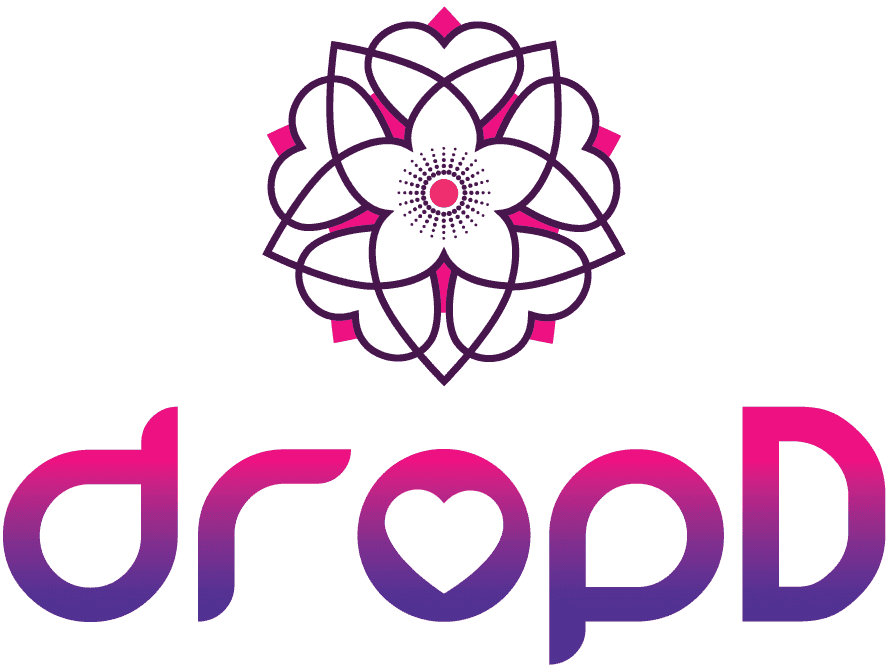
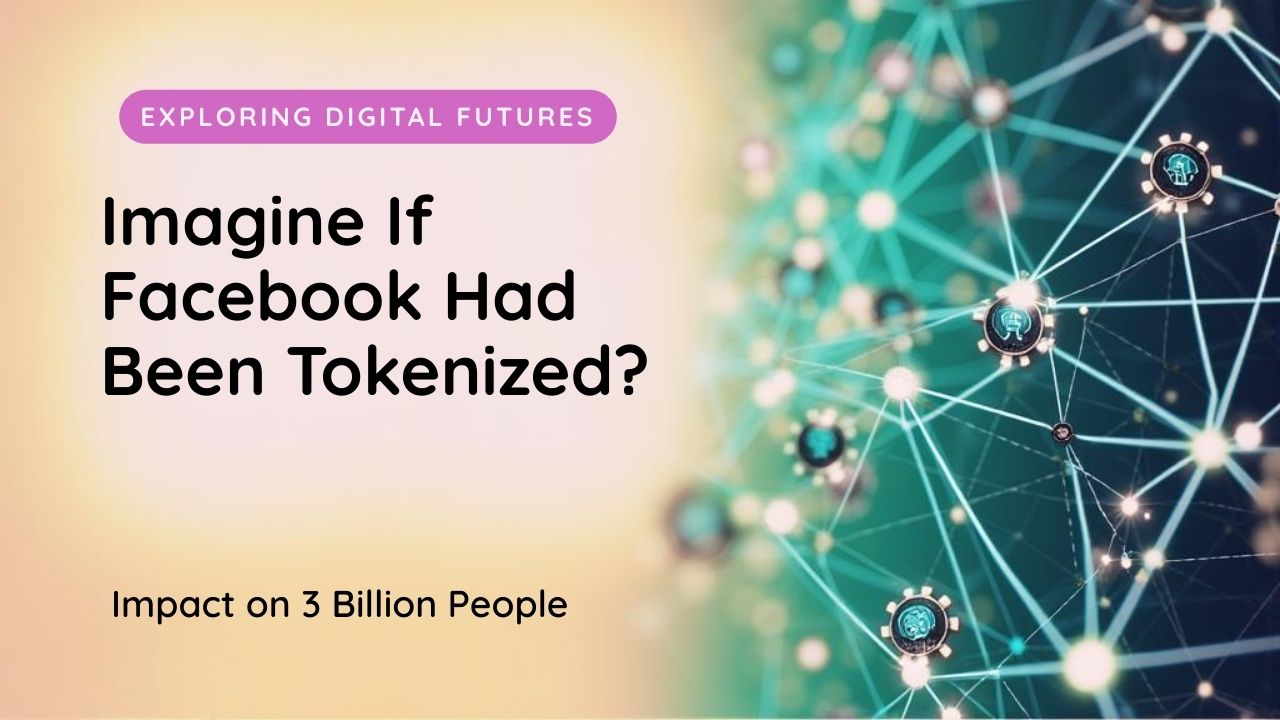
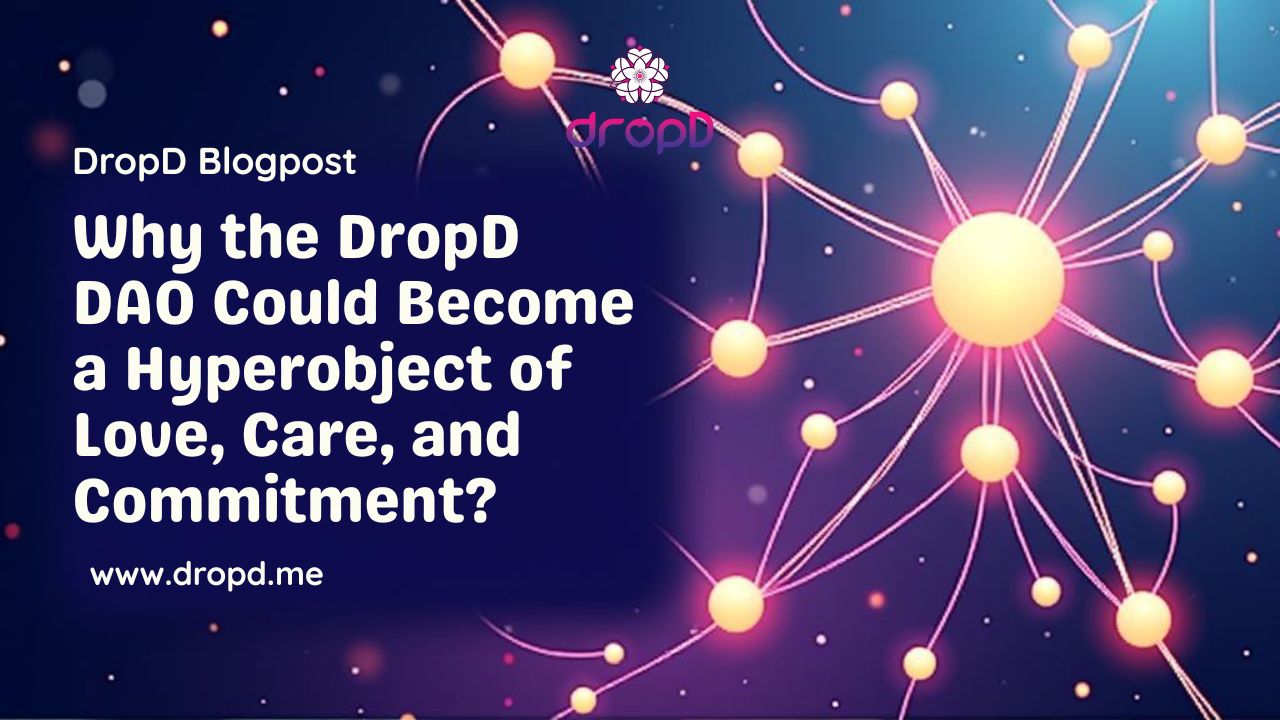
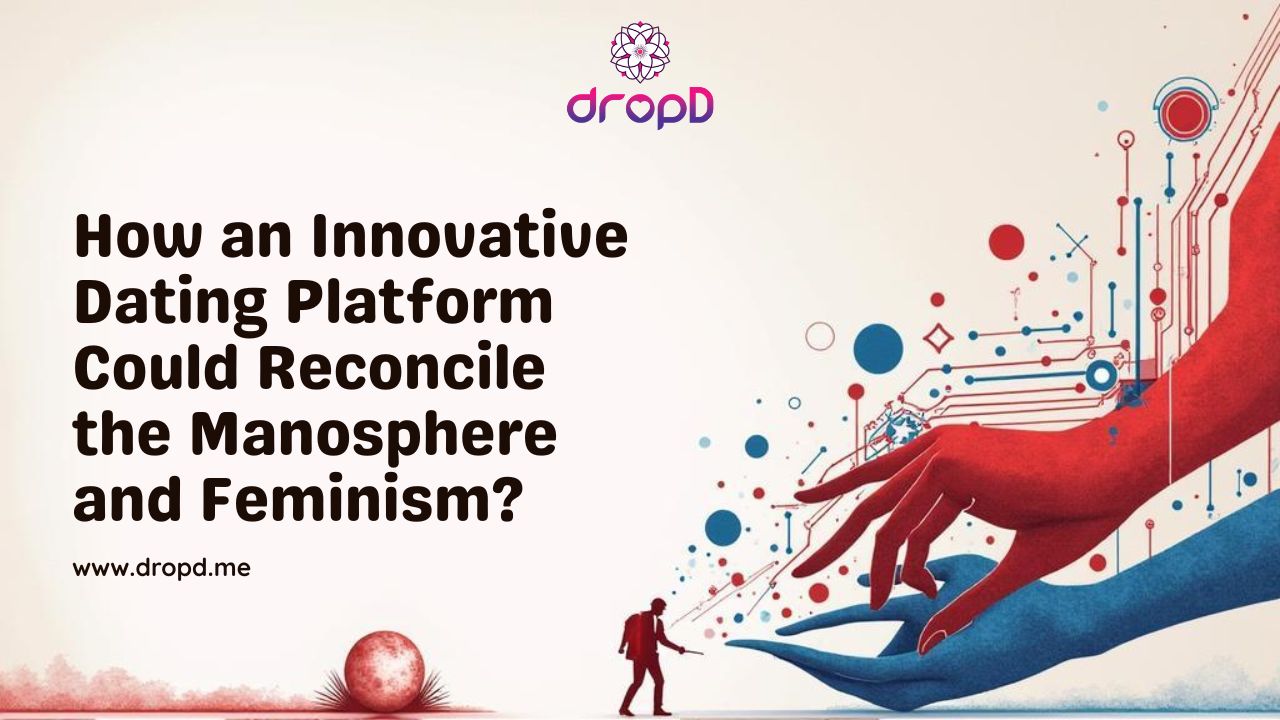
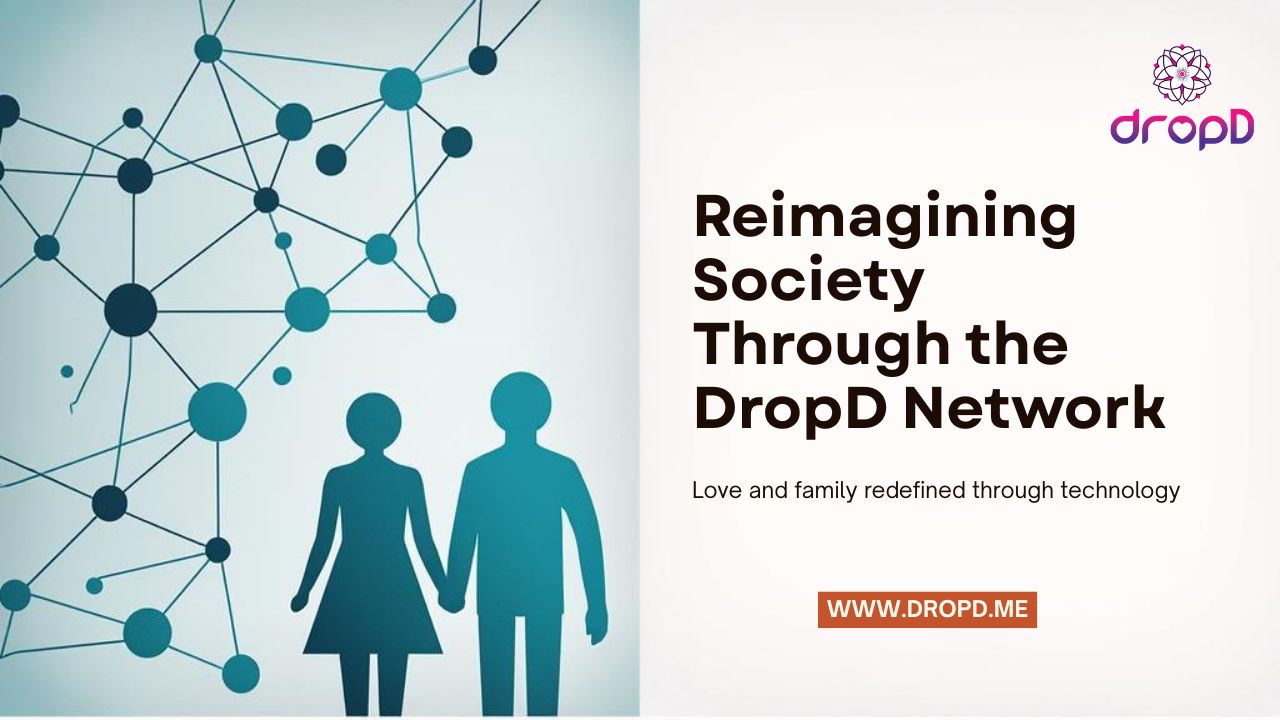
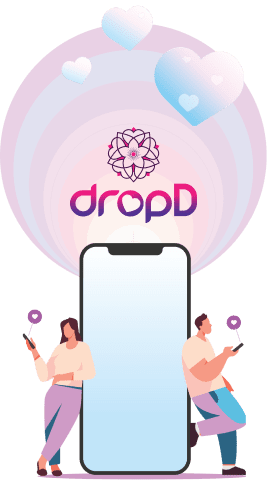
Leave A Comment